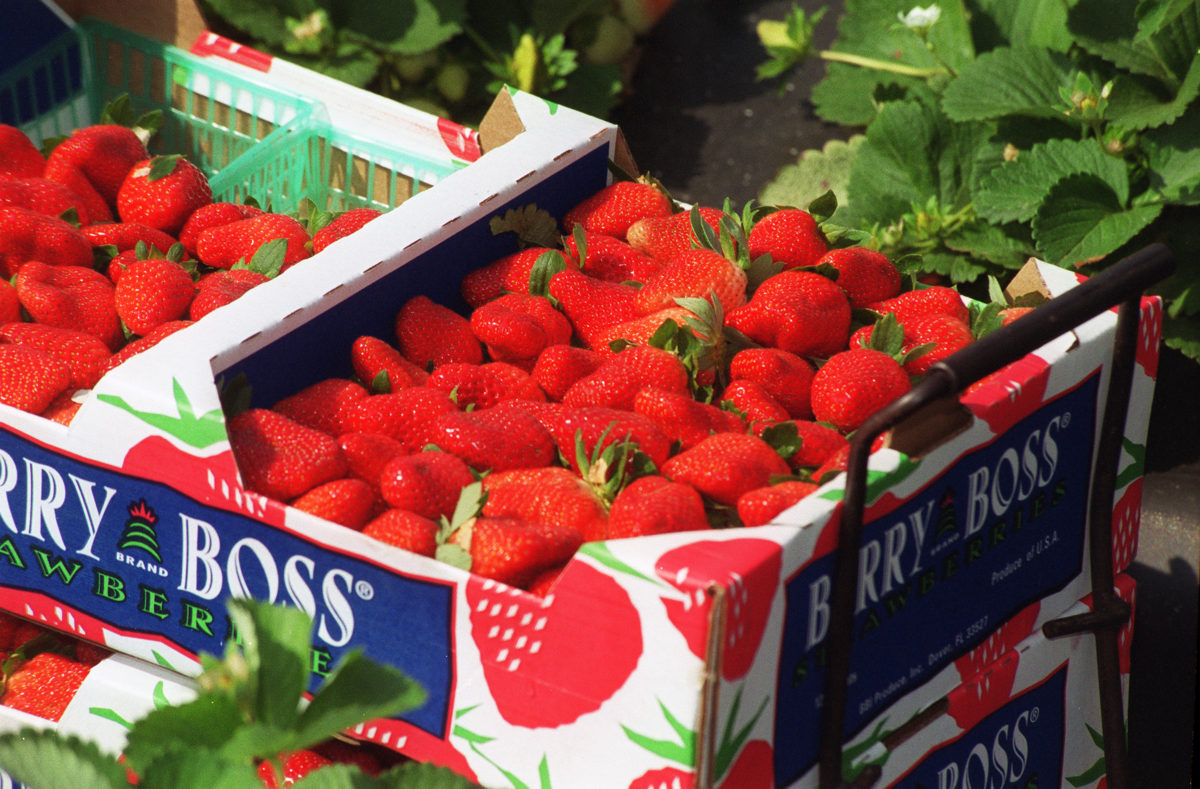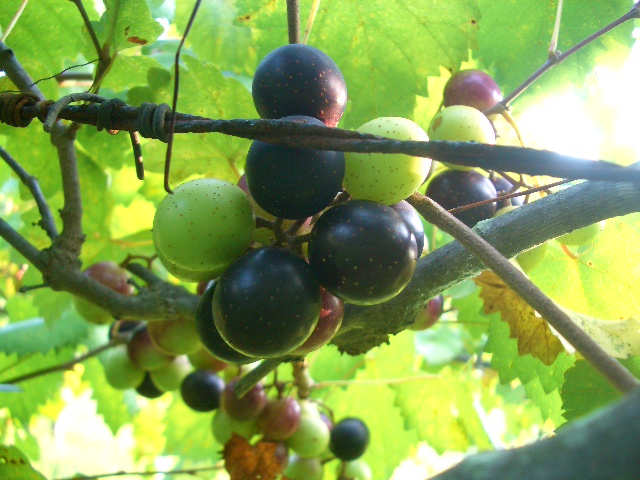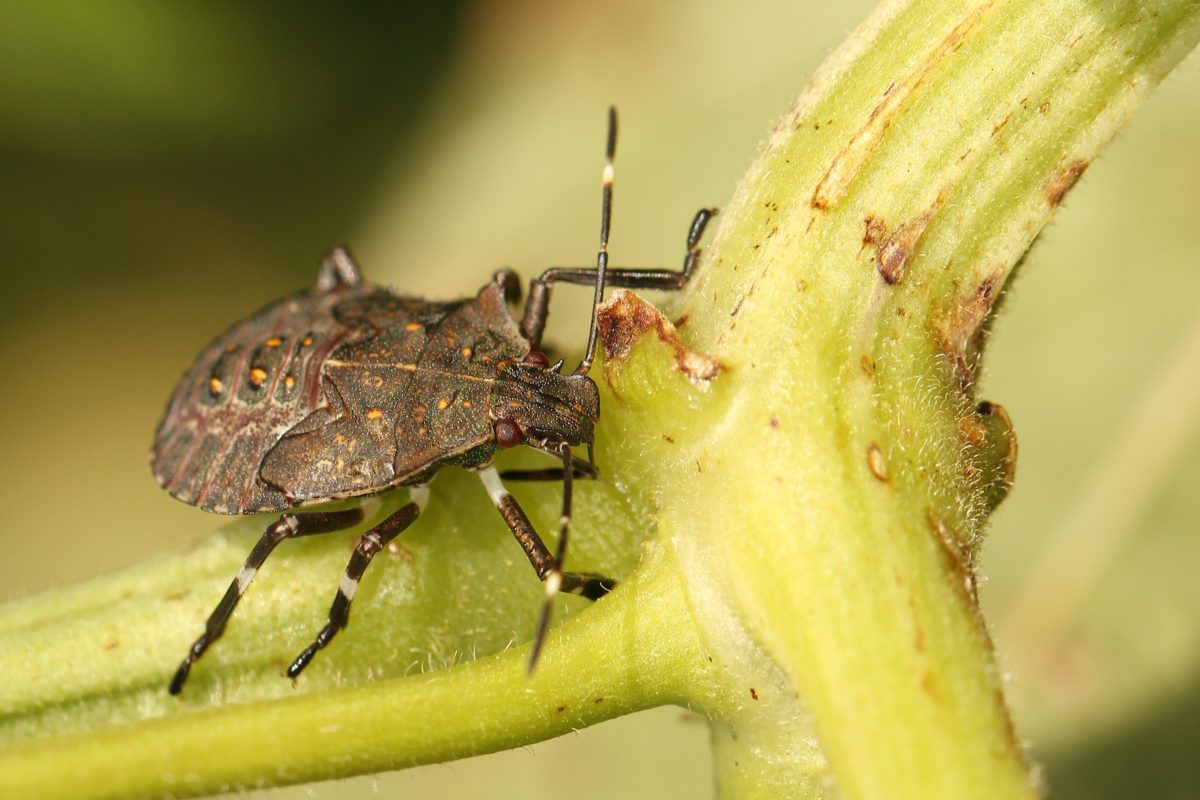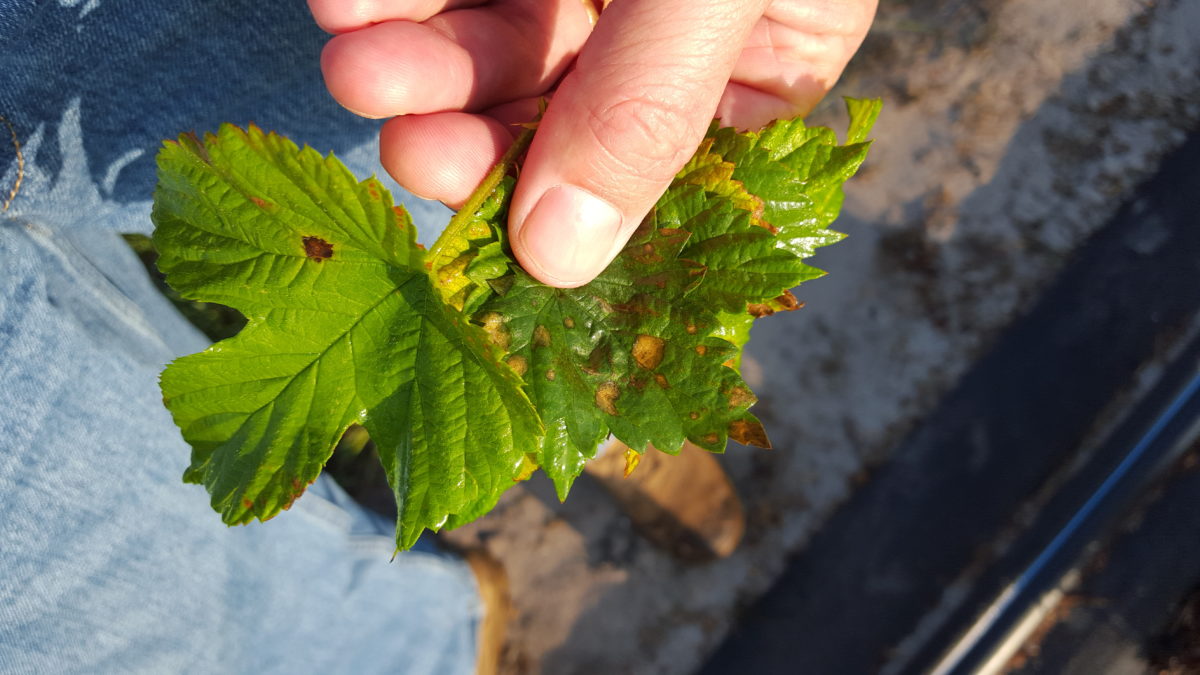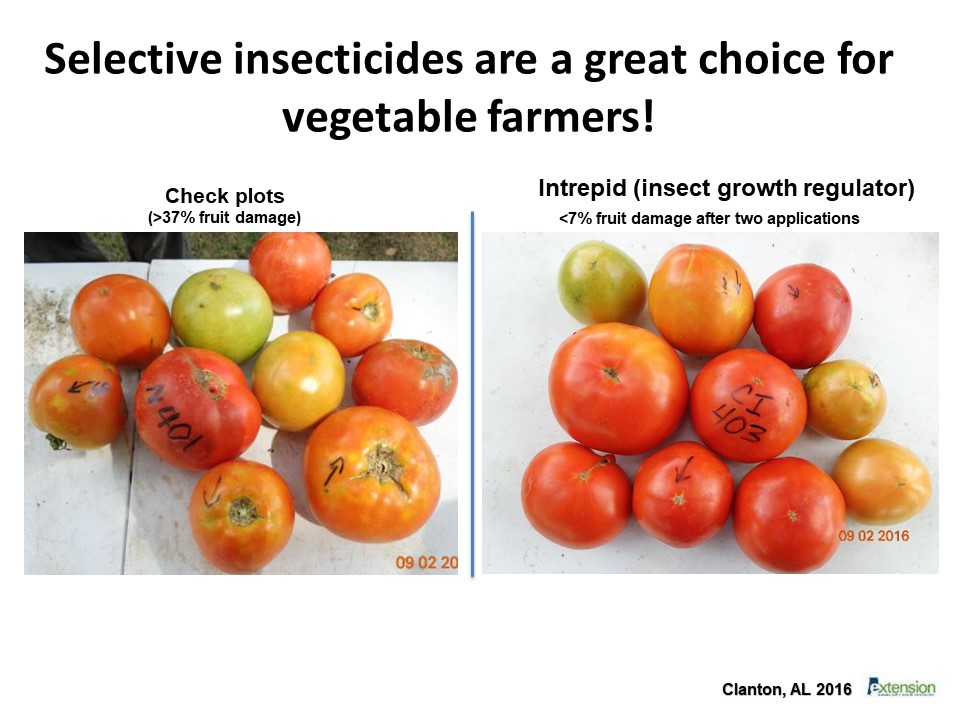Clemson Extension agents provided updates in The South Carolina Grower this week about the status of various crops being produced throughout the state. Statewide Dr. Matt Cutulle reports, “It is always good to control goosegrass even if it is past the critical period for competition with the crop. Lack of late-season control made hand-harvesting tomatoes difficult. Also, there will be …
Clemson Extension Agents Provide Updates on Various Crops
Clemson Extension agents provided updates in The South Carolina Grower this week about the status of various crops being produced throughout the state. Coastal Zack Snipes reports, “It was a warm week with some sprinkled in showers along the coast. All crops are coming in right now with heavy watermelon volume. What’s left of the tomato crop is ripening fast. …
South Carolina Strawberries Looking Good Despite Rainy Winter
By Clint Thompson A wet winter in South Carolina has presented challenges to the state’s strawberry producers. But South Carolina’s strawberry production is looking good this year despite the rainy winter, according to Bruce McLean, Jr., Clemson (S.C.) Extension area commercial horticulture agent for Dillon County, Horry County, Marion County and Malboro County. He said production this season is starting …
Managing Mite Populations in Blueberries
By Ashley Robinson Several mite species have been reported as pests of Florida blueberries. According to Oscar Liburd, professor of entomology at the University of Florida (UF), southern red mites and false spider mites are especially high on growers’ radars this year. SOUTHERN RED MITES Currently, there is little known about the management of southern red mites in southern …
Muscadine Grape Pest Problems
By Karla Arboleda Muscadine grapes are native crops to the deep Southeast and are naturally resistant to some pests. Among other pests, grapevine aphids and grape root borers tend to be the most common problems when growing muscadine grapes. Oscar Liburd, a professor at the University of Florida Institute of Food and Agricultural Sciences and fruit and vegetable entomologist, says …
How to Deal with Blueberries in Summer
By Karla Arboleda Summer weather is in full swing in affecting Florida crops, and blueberries are no exception. During the summer, algal stem blotch can dominate blueberry fields if not handled quickly and properly. Doug Phillips, blueberry Extension coordinator for the University of Florida Institute of Food and Agricultural Sciences, explains the important steps to take. “In the summer when …
Be Aware of Pests in Hops
By Karla Arboleda As the Florida hops industry continues to steadily expand, growers should be aware of some new insights on the crop’s cultivation. Although hops research and the general hops industry are fairly new to Florida, in comparison to other North American regions, researchers have found a variety of different pests that show up in hops plants. According to …
Biological Controls for Growers
By Alison DeLoach Integrated pest management is an economic way for growers to control pests. Jim Walgenbach an Extension entomologist at North Carolina State University, studies integrated pest management on tree fruits and vegetable crops. At the 2019 Southeast Regional Fruit and Vegetable Conference, he discussed research on biological controls for certain pests. When it comes to managing spider mites …
Florida Hop Trials — Keeping Ahead of Pests and Diseases
By Gary Vallad, Johan Desaeger, Hugh Smith, Zhanao Deng and Shinsuke Agehara Like other crops, hops are susceptible to various pests and diseases. The goal of this article is to review findings from ongoing field studies conducted at the University of Florida Institute of Food and Agricultural Sciences (UF/IFAS) Gulf Coast Research and Education Center (GCREC). The presented findings should …
The Complex World of Insecticide Modes of Action
Selecting insecticides can be extremely cumbersome and complex. Ayanava Majumdar, Auburn University Extension entomologist, says there are five different “mode of action” categories that can help conventional growers decide what kind of insecticide will be most effective in their production systems. The five categories are contact poisons, insect growth regulators, mitochondrial or cellular respiration inhibitors, Bacillus thuringiensis and the unknown. …










